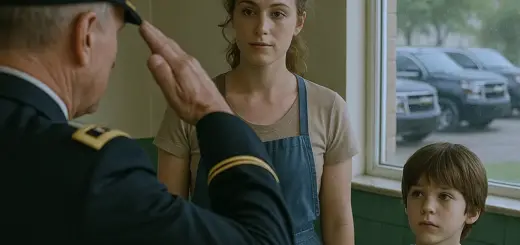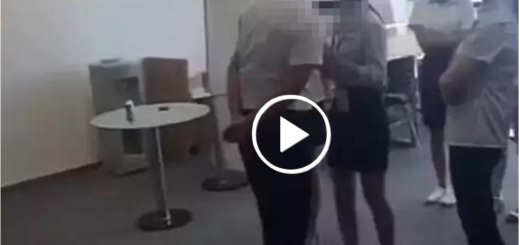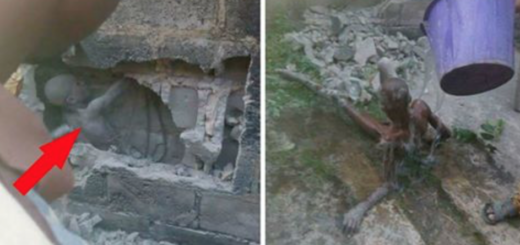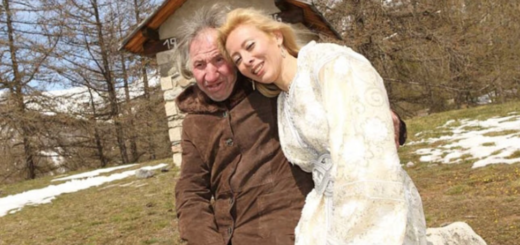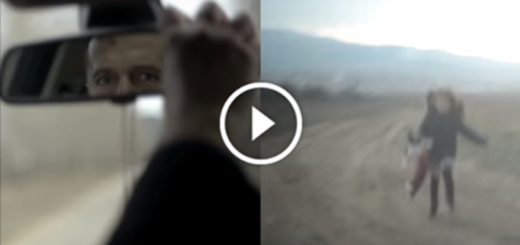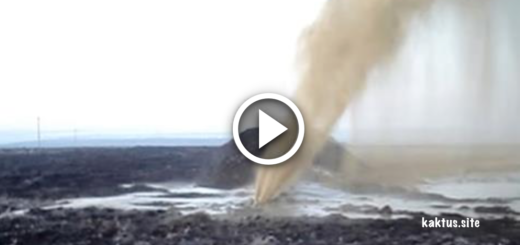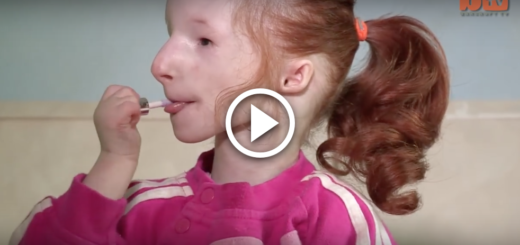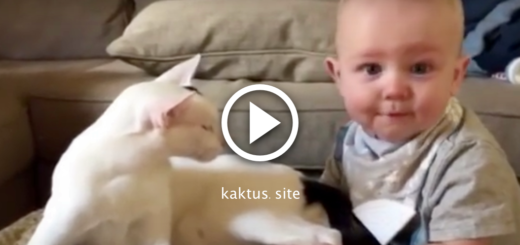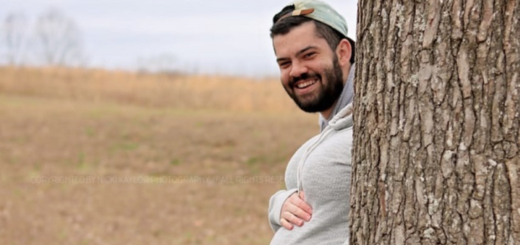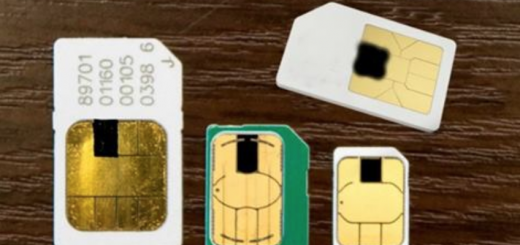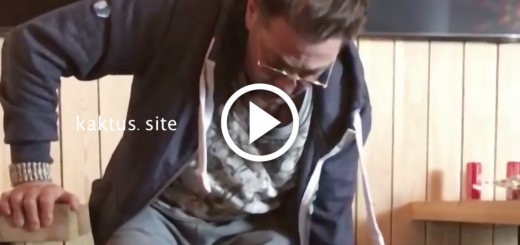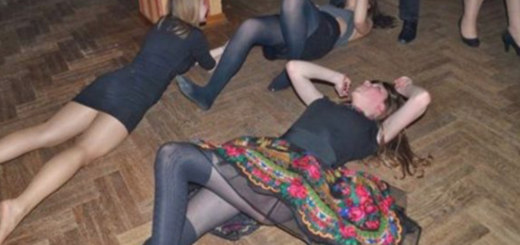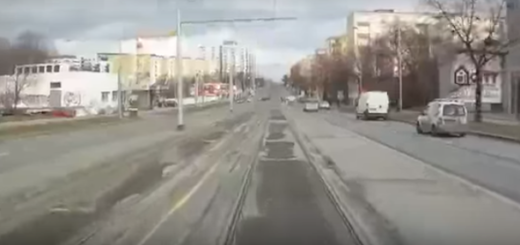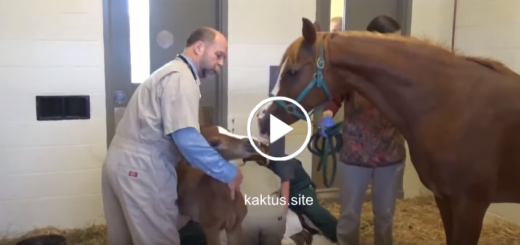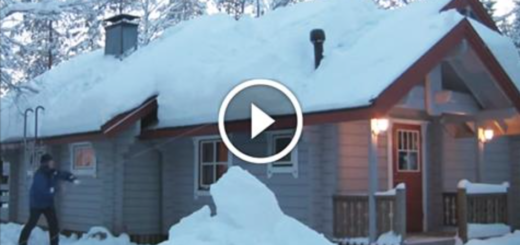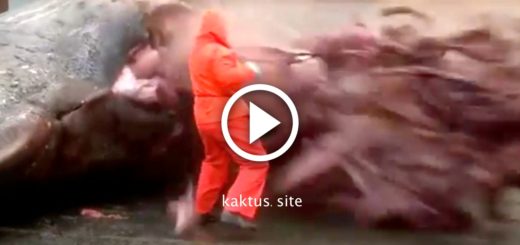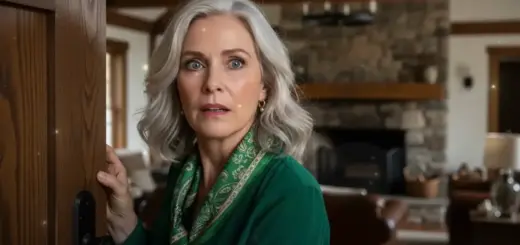I was still in shock when I walked into Cheryl’s office. The hospital had called that morning. My dad was gone. Heart failure. No warning. Just… gone. I stepped through the doorway, already knowing I was going to have to ask for something she wouldn’t want to give. Cheryl sat behind her oversized desk as always, typing like her keyboard owed her money.
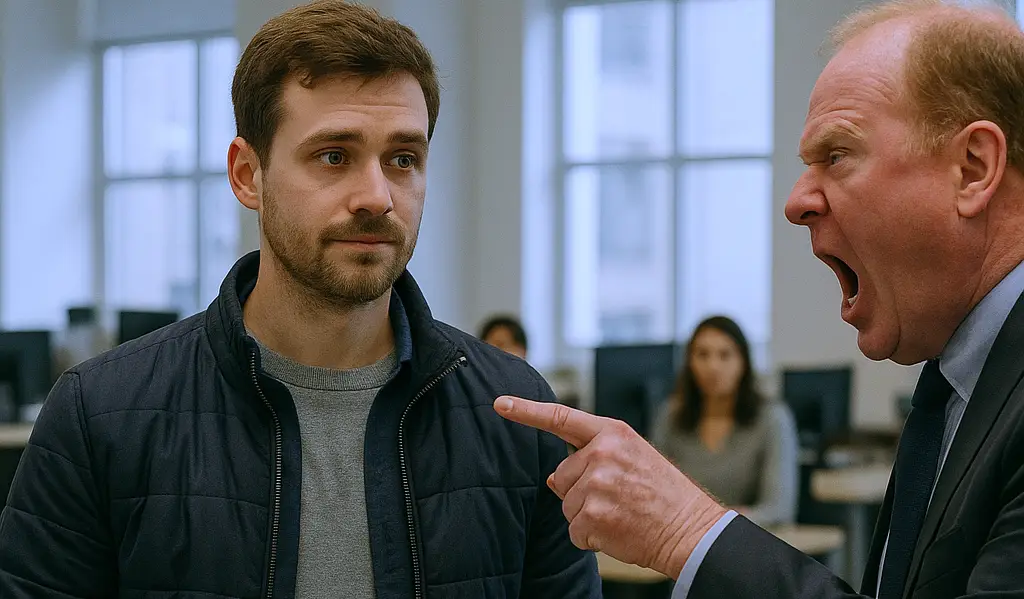
“Hey,” I said, clearing my throat. “I need a few days off. My dad passed this morning. The funeral’s in Indiana, so I’d need four days.”
She didn’t look at me, just kept typing. “You can have two,” she said flatly.
I blinked. “It’s a nine-hour drive each way.”
She finally glanced up, a hint of sympathy nowhere to be found. “You can attend virtually.”
I stared at her, not sure I had heard that right. “This is my dad. He raised me by himself since I was ten. I’m not watching it on Zoom.”
Cheryl leaned back in her chair and sighed as if I was inconveniencing her. “Then you’ll have to choose. We’re in the middle of the Norland migration. Everyone’s expected to be here.”
That hit harder than I thought it would. I’d given three years to this place and built every process they ran on. I worked late, came in sick, and covered for other people’s screw-ups.
“Seriously?” I said, my voice tightening. “I’ve never taken a sick day. Never asked for anything.”
She just shrugged. “This is business. We all make sacrifices.”
I looked down at my hands. They were shaking, not from sadness, but from rage. “Fine,” I said quietly. “Two days.”
She turned back to her monitor as if I was already gone. I walked out of her office without another word, but my head was buzzing, and my chest felt tight.
I made it halfway down the hallway toward my desk, past the same gray cubicles I’d sat in for over a thousand days. And that’s when something in me cracked. Not loud, not dramatic, just final.
I didn’t mean to look back, but I did. I turned and stared down that hallway like I was seeing it for the first time: the fake smiles, the half-dead eyes, the posters about teamwork peeling off the walls. I kept walking, but not back to my desk. I went straight out the door.
I sat in my car for a while before going inside. The parking lot lights buzzed overhead as if they were trying to remind me I still had a choice. But I didn’t, not really. I already knew what I was going to do.
Inside my apartment, everything was still. I dropped my bag, kicked off my shoes, and just stood there in the dark. The clock on the stove read 11:47 p.m.
I didn’t even sit down right away. I just walked to my room, laid flat on my back, and stared at the ceiling as if it could tell me what the hell had just happened. Dad was gone, and not one person from that office would be there when we put him in the ground.
At 2:30 in the morning, I got up and opened my laptop. I logged in remotely, something I’d done a hundred times before during holidays, weekends, and nights when other people were too lazy to fix their own mess. But this time was different.
I went straight to my folders. I didn’t touch company junk, client data, or project files that weren’t mine. I had my own stash: stuff I’d built from scratch just to keep the machine running when no one else gave a damn.
Integration manuals.
Client-specific troubleshooting sheets.
API call structures.
I’d documented everything myself because no one else knew how it worked. There were notes from failed attempts, fixed versions, cleaned-up code snippets, and config backups. Most of it I built on my own time; the rest, while covering gaps no one else bothered to fill.
And now, I was taking it back. While I was working, I remembered Cheryl telling me I had to choose. Yeah, I chose. I started zipping files, encrypting folders, and running checksum scripts. My fingers moved on muscle memory, but my head was somewhere else.
I thought about Dad standing in the garage, showing me how to use a power drill the right way. “If you’re going to build something,” he’d say, “build it like it’s got to outlive you.” That’s what I’d done at work, and none of them gave a shit.
By 6:00 a.m., I’d scrubbed every last version off the shared drives. Gone. Wiped from the system, replaced with a single text file: Documentation removed by original author. No backup available.
Then I opened a new email with the subject line: Formal Resignation. It was effective immediately. No long speech, no “thanks for the opportunity,” just two short paragraphs. I attached my resignation letter, hit send, shut the laptop, and packed my bag.
I didn’t even look at my phone. It started buzzing around 6:30 a.m., probably the morning crew noticing the missing files. I turned it off.
At 8:10 a.m., I was at the airport, standing in line with my hoodie up and my backpack slung over one shoulder, a ticket to Indianapolis in my pocket. The gate agent barely looked at me. I didn’t care. For the first time in three years, I felt like I wasn’t pretending.
While boarding, someone behind me in line was complaining about their seat assignment. I wanted to turn around and say, “At least your dad’s still breathing.” But I didn’t. I just kept walking.
Middle seat, tight row, no legroom. It didn’t matter. I was going home.

